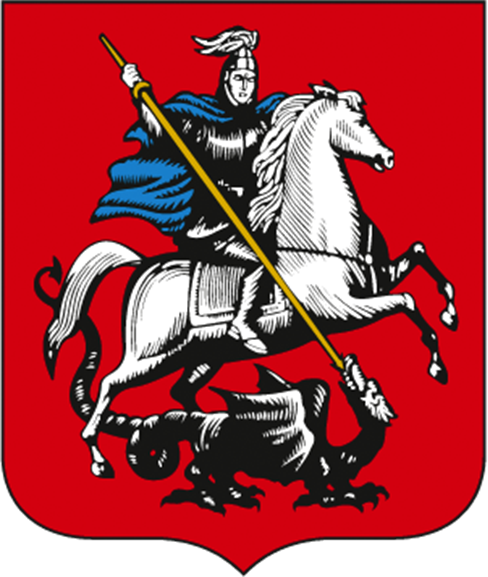One needs to put on an air of “passionless professionalism” to provide an adequate account of two absolutely crazy concerts the outstanding Italian conductor of Indian decent, Zubin Meta, gave at the Conservatory Grand Hall in Moscow! Those were probably the best thing that ever happened to anyone who chanced to get a ticket to the performances given by Maggio Musicale Fiorentino symphony orchestra that kicked off the first ever Italian Culture Festival here in Russia has ever.
The opening concert offered Maestro Meta’s own interpretation of Sheherezada by Nikolai Rimsky-Korsakov and The Rite of Spring by Igor Stravinsky. They even put out the lights in the Grand Hall. The Moscow audience was absolutely rave about Sheherezada but they had mixed feelings about The Rite even though they still applauded like crazy forcing the already tired Meta to play two complete encores!
Inspired by the tales Sheherezada told the Sultan during those long 1001 nights, Nikolai Rimsky-Korsakoff in 1888 wrote this symphonic poem in four parts in almost a single take. In the 1950s Egyptian radio used Sheherezada as a musical backdrop to their fairly tales and no one ever noticed the difference between the tales’ Arabian undertones and the music written by a Russian composer which does not have a single 100-percent Oriental tune to it.
Jezekiel Jerusalami steered his violin solo against the barely audible accompaniment of the harp though the main theme of The Sea and Sinbad’s Ship, through the harangues of the one-eyed itinerant monk, though the Festivities in Baghdad and the ship crashing against a seaside rocks. Music expert Anatoly Solovtsov provides the following description of Sheherezada: “This transcends the purely sound-writing mastery. The suite is overflowing with true poetry, which is in full harmony with the composer’s noble idea of expressing popular wisdom by means of music”. These words devoid of any fuss and dogmatism fit the world famous Zubin Meta and his orchestra just fine.
As far as The Rite of Spring goes, Zubin Meta played it just “right”, the way we last heard it a long, long time ago. In an experimental way – just like Stravinsky once did before him. The Moscow buffs of Stravinsky’s original Petrushka were absolutely rave about Zubin Meta’s interpretation. Well, there is lots of metal, lots of world-creating chaos, that s true, but, after all, no one ever tried to cozy up to the audience. Mr. Meta remained his cruel and principled self without trying to dilute Stravinsky’s rough edge with out playing up to the listeners and making the score sound more melodic than it actually is. Small wonder that some people didn’t like that.
The second night was dominated by Beethoven (3rd “Heroic” Symphony) and Brahms (1st Symphony in C-minor). Maggio Musicale is at its absolute best where it comes to lead parts, say, that of a bassoon in Sheherezada and in the heroic Symphony. It’s impeccable musicality, a sort of a pleasure game the composer might have never really had in mind.
As far as Brahms goes, reincarnation is the first thing that comes to mind here, while Beethoven’s heroic Symphony was given a very peculiar interpretation. I guess the Funeral March is the central part here since funebre started shaping up as a genre exactly at the dawn of the 19th century. Liszt and Chopin came later, but it was Beethoven who, after Gossec, was only beginning to work on the subject of human grief, devoid of the religious pathos of old. Zubin Meta’s Italian nature added a sizeable amount of spicy joviality, bordering on masquerade, but without Mahler’s grotesque, while coloring the immediately following Scherzo in the eternal melancholy of Dantean observations. Those were nights to remember. It was the first time Moscow had a chance to fully appreciate the importance of the Galina Vishnevskaya Opera Centre that had invited Zubin Meta and organized the lion’s share of the Italian Culture festival. Bravo!



